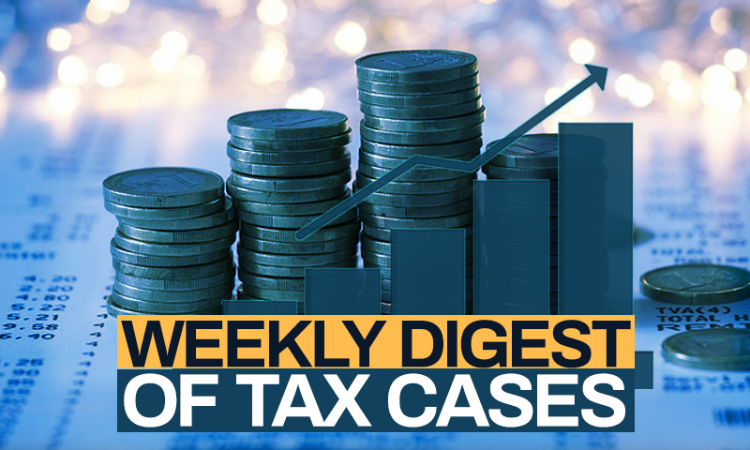Next Story
29 Aug 2022 2:00 PM IST
Delhi High Court Application Under Companies Act Against Order Rejecting Waiver Of Interest; Dispute Falls Within Scope Of VSV Act: Delhi High Court Case Title: Kapri International Pvt. Ltd. versus Commissioner of Income Tax Citation: 2022 LiveLaw (Del) 796 The Delhi High Court has ruled that where an application under the Companies Act has been filed by a company in...

